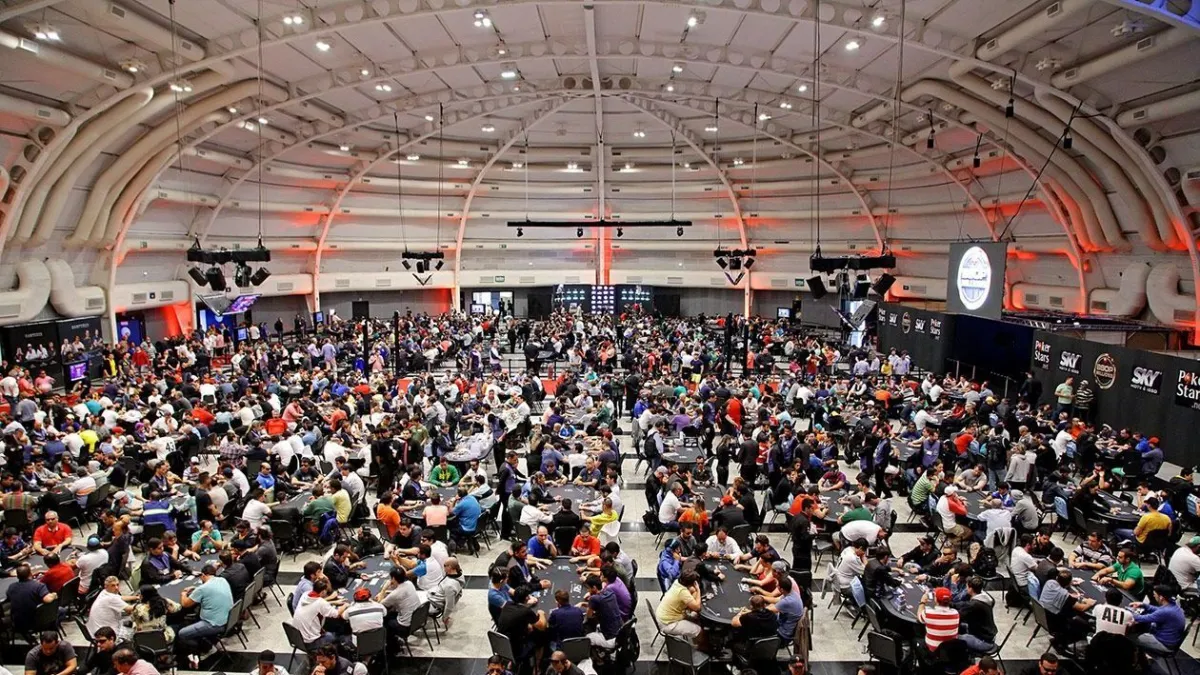While the world’s most prestigious poker tournament, the World Series of Poker (WSOP), gathers thousands of players in Las Vegas—celebrating skill, strategy, and discipline—one of Brazil’s largest newspapers chose the exact moment to label poker as a “game of chance.”
Yes, in 2025, in the midst of a global celebration of mind sports, a major Brazilian media outlet published a piece calling poker “gambling,” reinforcing outdated prejudices and ignoring decades of progress, science, and professional recognition.
This is not only disrespectful to the Brazilian professional poker community—which has built an entire ecosystem of tournaments, teams, training platforms, and ethical standards—but it also exposes a deeper issue: the stigma that continues to follow poker in Brazil, rooted in ignorance or moral panic.
I discovered mental games as a child. Chess and poker became immediate passions. In university, I fell in love with structuralism, realizing how these games shaped my brain, my critical thinking, and my way of life. Before I dove deep into poker, I played Magic: The Gathering and chess, always drawn to new intellectual adventures.
Then came my decision to go pro. I joined the Suits Poker Team, and it was one of the most unforgettable experiences of my life. It solidified my discipline and love for the game.
To call poker mere gambling is to erase the years of training, study, and dedication from thousands of players. It’s to dismiss what institutions like the International Mind Sports Association and even Brazil’s Ministry of Sports have already recognized: poker is a sport of the mind.
Let’s be clear: the article published during the WSOP isn’t just misinformation—it’s disinformation. It directly affects Brazil’s image abroad and disrespects a whole generation of players and entrepreneurs working to legitimize the game.
Poker deserves respect. Especially from the media. And especially when the whole world is watching.









